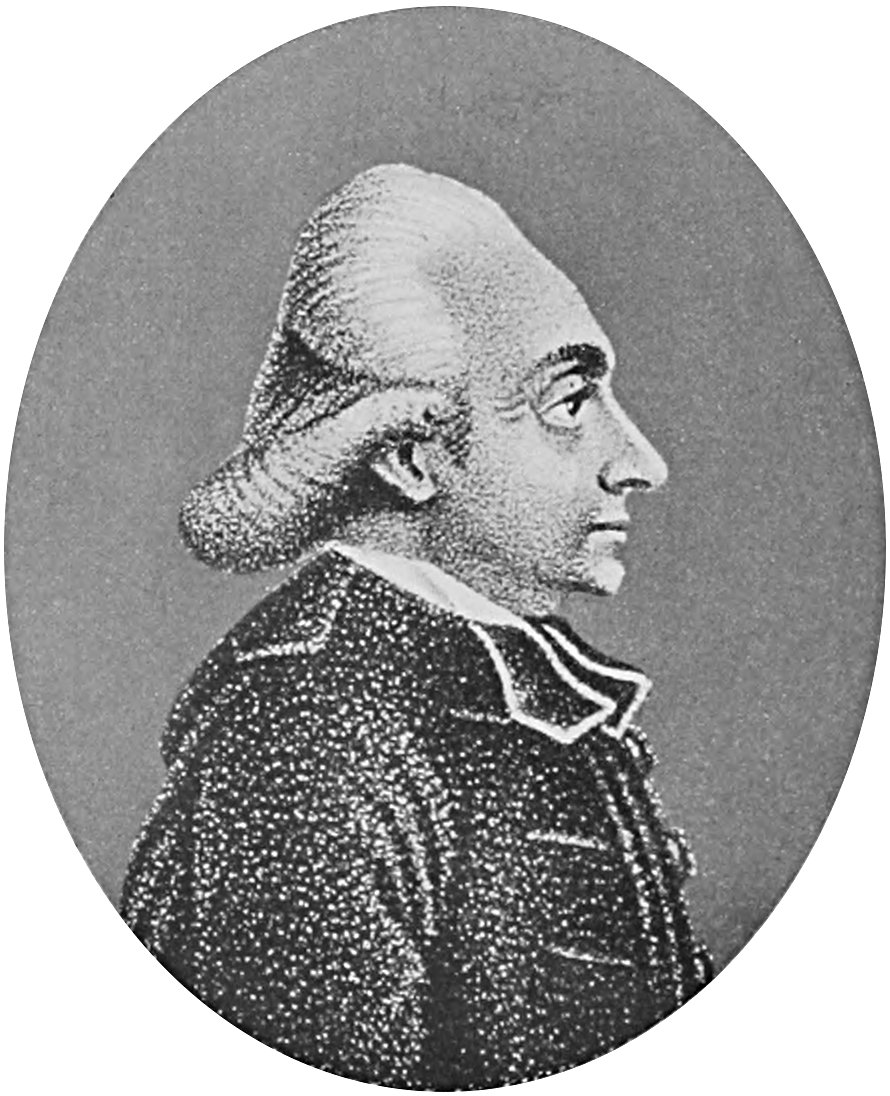|
Tanus (Crete)
Tanus or Tanos ( grc, Τάνος) was a town of ancient Crete. Tanus minted coins in antiquity, some of which have survived, with the epigraph ΤΑΝΙΩΝ. The site of Tanus is tentatively located near modern Almyrida/Castel Apicorno. References Populated places in ancient Crete Former populated places in Greece {{AncientCrete-geo-stub ... [...More Info...] [...Related Items...] OR: [Wikipedia] [Google] [Baidu] |
Ancient Crete
The history of Crete goes back to the 7th millennium BC, preceding the ancient Minoan civilization by more than four millennia. The palace-based Minoan civilization was the first civilization in Europe. After the Minoan civilization was devastated by the Thera eruption, Crete developed an Ancient Greece-influenced organization of city-states, then successively became part of the Roman Empire, the Byzantine Empire, the Venetian Republic, the Ottoman Empire, an autonomous state, and the modern state of Greece. Prehistoric Crete In 2002, the paleontologist Gerard Gierlinski discovered what he claimed were fossil footprints left by ancient human relatives 5,600,000 years ago, but the claim is controversial. Excavations in South Crete in 2008–2009 revealed stone tools at least 130,000 years old. This was a sensational discovery, as the previously accepted earliest sea crossing in the Mediterranean was thought to occur around 12,000 BC. The stone tools found in the ''Plakias'' reg ... [...More Info...] [...Related Items...] OR: [Wikipedia] [Google] [Baidu] |
Joseph Hilarius Eckhel
Joseph Hilarius Eckhel (13 January 1737 – 16 May 1798) was an Austrian Jesuit priest and numismatist. Biography Eckhel was born at Enzersfeld, in Lower Austria. His father was farm-steward to Count Zinzendorf, and he received his early education at the Jesuits' College, Vienna, where at the age of fourteen he was admitted into the order. He devoted himself to antiquities and numismatics. After being engaged as professor of poetry and rhetoric, first at Steyr and afterwards at Vienna, he was appointed in 1772 keeper of the cabinet of coins at the Jesuits' College, and in the same year he went to Italy for the purpose of personal inspection and study of antiquities and coins. At Florence he was employed to arrange the collection of the grand duke of Tuscany; and the first-fruits of his study of this and other collections appeared in his ''Numi veteres anecdoti'', published in 1775. On the suppression of the Society of Jesus in 1773, Eckhel was appointed by the empress Maria Th ... [...More Info...] [...Related Items...] OR: [Wikipedia] [Google] [Baidu] |
Populated Places In Ancient Crete
Population typically refers to the number of people in a single area, whether it be a city or town, region, country, continent, or the world. Governments typically quantify the size of the resident population within their jurisdiction using a census, a process of collecting, analysing, compiling, and publishing data regarding a population. Perspectives of various disciplines Social sciences In sociology and population geography, population refers to a group of human beings with some predefined criterion in common, such as location, race, ethnicity, nationality, or religion. Demography is a social science which entails the statistical study of populations. Ecology In ecology, a population is a group of organisms of the same species who inhabit the same particular geographical area and are capable of interbreeding. The area of a sexual population is the area where inter-breeding is possible between any pair within the area and more probable than cross-breeding with ind ... [...More Info...] [...Related Items...] OR: [Wikipedia] [Google] [Baidu] |


